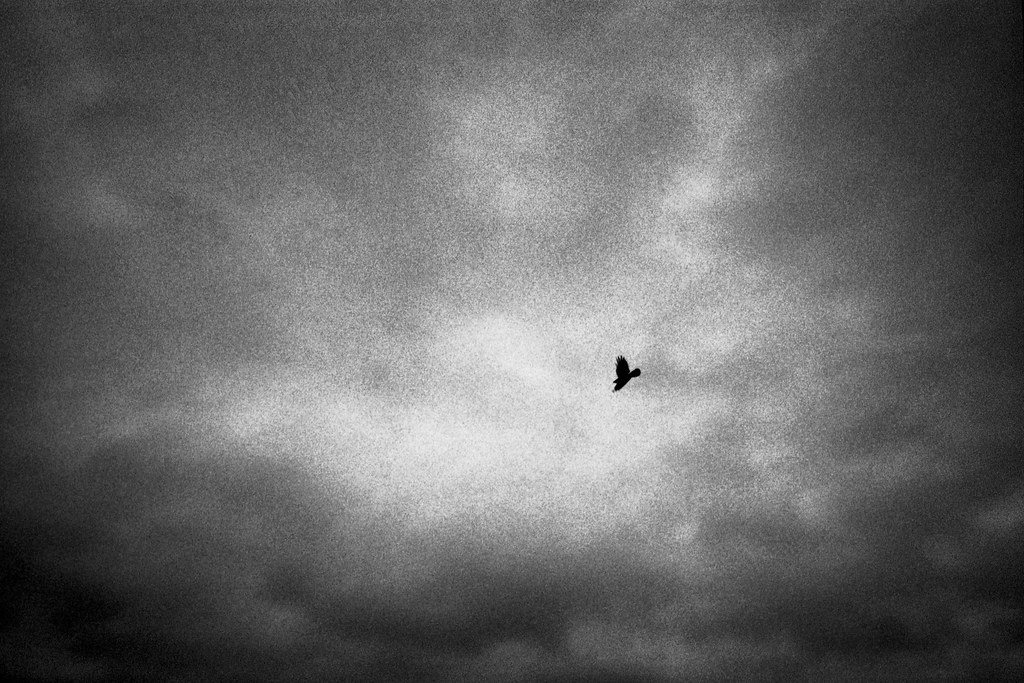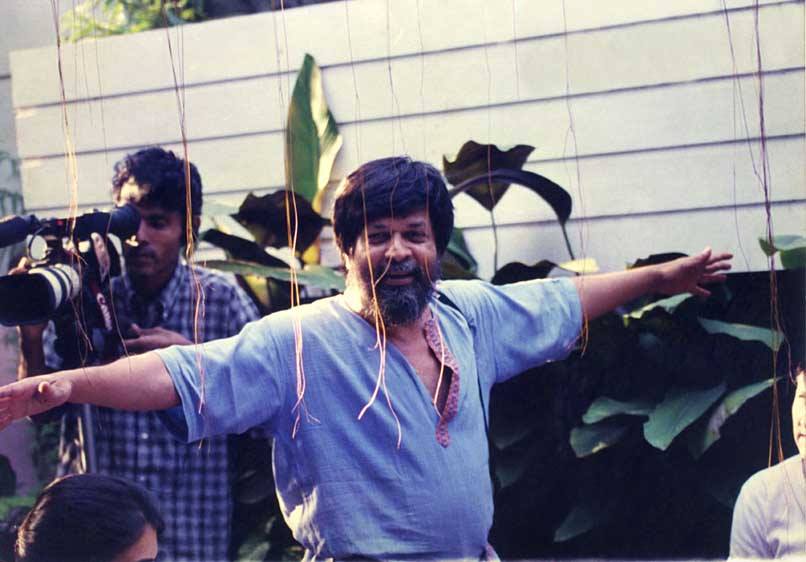Given the recent attempts, by authoritarian forces which I have been critical of, to undermine my credibility, I feel the reasons why I take photographs need to be tabled.
Category: Shahidul Alam
THE PLACE OF SHAHIDUL ALAM
First published in PIX
by Rahaab Allana
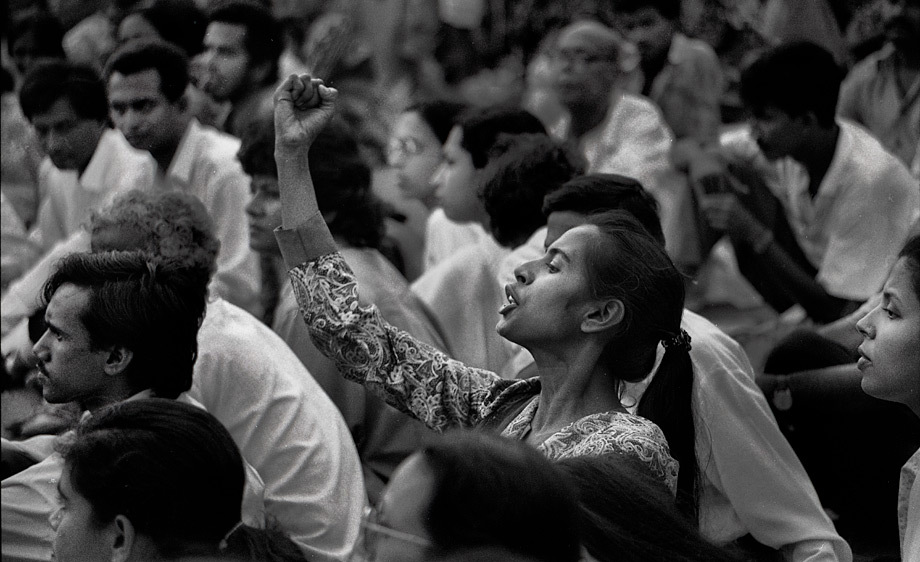
No heaven, no hell, no everafter, do I care for when I’m gone
Peace here I seek, in this sand and soil, this place where I was born
As oceans deep, as deserts wide, as forests and fences loom
As children die, as lovers sigh, no cross, no epitaph, no tomb…
Place by Shahidul Alam, 2017* Continue reading “THE PLACE OF SHAHIDUL ALAM”
Lucie Awards Honoree Shahidul Alam for Humanitarian Award
Tribute video for 2018 Lucie Awards Honoree Shahidul Alam for the Humanitarian Award.
Presented at Zankel Hall at Carnegie Hall in New York City, Sunday October 28th 2018. Presented and Received by Gayatri Spivak.
2018 Lucie Awards Honoree: Shahidul Alam, Humanitarian Award from Lucie Foundation on Vimeo.
Iranian Maya
She skipped like a little bird as she got to the park. The kids, initially perplexed that an adult would like to join them in the see-saw, soon accepted her as one of them. She then went on the slide and then tottered on the edge of the play ship, and faltered like a scarecrow. She had abandoned her real name Madieheh Mirhabibi and called herself Maya.
She’d wondered why people hated Afghanis, and went off on her own to Afghanistan to find out. Living and working with the Afghans she outgrew here prejudices, and back in Tehran, began working with Afghani refugees. It was soon obvious that they were perfectly at ease with this unusual woman in their midst.
The Free Shahidul Campaign
I am unable to individually thank all the people who stood by me in those dark days, but I hope you will accept the heartfelt appreciation by me and the many others who were at the forefront of the fight to get me released. The case still stands and I face a potential maximum sentence of fourteen years. So the fight to drop the case must continue.
Shahidul Alam says he was not allowed to have a lawyer, despite his demands. And that he was beaten by his captors who wanted to coerce him into giving a statement. Video via Arfun A. #freeshahidul pic.twitter.com/Y57PatOVAY
— Tasneem Khalil (@tasneem) August 6, 2018
. @washingtonpost Analysis | #Bangladeshi photographer Shahidul Alam arrested over ‘provocative comments’ #wewantjustice #Bangladesh #ShahidulAlam #FreedomOfThePress https://t.co/sgxTQF0zcI
— Wasfia Nazreen (@wasfia) August 7, 2018
‘Deeply hurt by #ShahidulAlam’s detention, torture’: Photographer @RaghuRai1 writes to Bangladesh PM https://t.co/YWomnvjy3l pic.twitter.com/ue1U5cukgv
— scroll.in (@scroll_in) August 7, 2018
438 Indian eminent personalities demand Shahidul’s release
Liberating the Liberator
They say photography liberated painting from the need to be representational, freeing it of the task to show things as they are. Less than two centuries from the birth of photography, we need to consider whether photography needs to be liberated from itself. What photography excels at, its phenomenal ability to record the visible, is perhaps its Achilles heel. Not for doing it badly, as many practitioners do it phenomenally well, but because of the weight that bears down upon its shoulders. The burden of trust, rather than the erosion of it, lies at the centre of the drama, for drama is what it is. If the world is a stage then the photographer is the scribe, the choreographer, and sometimes the script writer, but rarely the one directing the play.
Ironically, it is the entity that is blamed for the demise of truthful photography, the digital sleight of hand, which is perhaps the true liberator. What photography did for painting, the computer has done for photography. Not by replacing it, but by removing the mask. Photography, like any other medium, is what its proponent makes it to be. Its fidelity makes it neither more honest nor more ethical. Those attributes continue to reside with the author, both the one with the camera and the other author, the one who sits at the editorial table. The photographer selects the frame, the editor selects the frame within which this inner frame exists. The selection of the image, the cropping, the juxtaposition with text or graphic or advert or headline, the sequencing, the timing and the hierarchy within the news pyramid, makes the photographic image the putty with which the truth is massaged. Its unintended veracity, the very tool, which others in the news-chain exploit with abandon. Continue reading “Liberating the Liberator”
An Exodus of Pain
‘The Shahidul Alam I Know Is Gentle’
Urvashi Butalia writes about the times she met and worked with the Bangladeshi photojournalist, who was granted bail by the High Court in Dhaka after 102 days of detention.
I cannot now remember when I first met Shahidul Alam, but I think it was some twenty or more years ago when both of us served on the board of an organisation called Panos South Asia. My first impression of him was of a somewhat large, bearded man who spoke with an accent I could not place. It did not take long – perhaps a few hours – for this to change and for the warm, affectionate and caring human being to emerge.
To me, Shahidul came across that time as the best kind of nationalist. He loved – he still does – his country Bangladesh. His stint abroad – I never actually knew where he has studied or spent any time – had actually left this feeling much stronger in him. He told all of us about Drik, the photo agency that showcased photographers from the global South and that fiercely protected their rights and their work, refusing to accept that simply because they belonged to the South, their value was any the less. Drik charged for their photos as did international agencies, and why not, was Shahidul’s question. Continue reading “‘The Shahidul Alam I Know Is Gentle’”
Reply to Arundhati: Yes, We Will Rise
Dearest Arundhati,
It was a letter I read and reread long before it appeared before my eyes. It was through layers of metal bars that I strained to listen to Rahnuma’s words. At over 130 decibels, the noise made by us screaming prisoners, straining to hear and be heard, was akin to a crowded stadium or a fire siren. As she repeated her words over and over again, I faintly heard, Arundhati. Letter. It was just over a hundred days that I had been incarcerated. A hundred days since I’d slept on my own bed, fed my fish, cycled down the streets of Dhaka. A hundred days since I’d pressed my shutter as I searched for that elusive light.
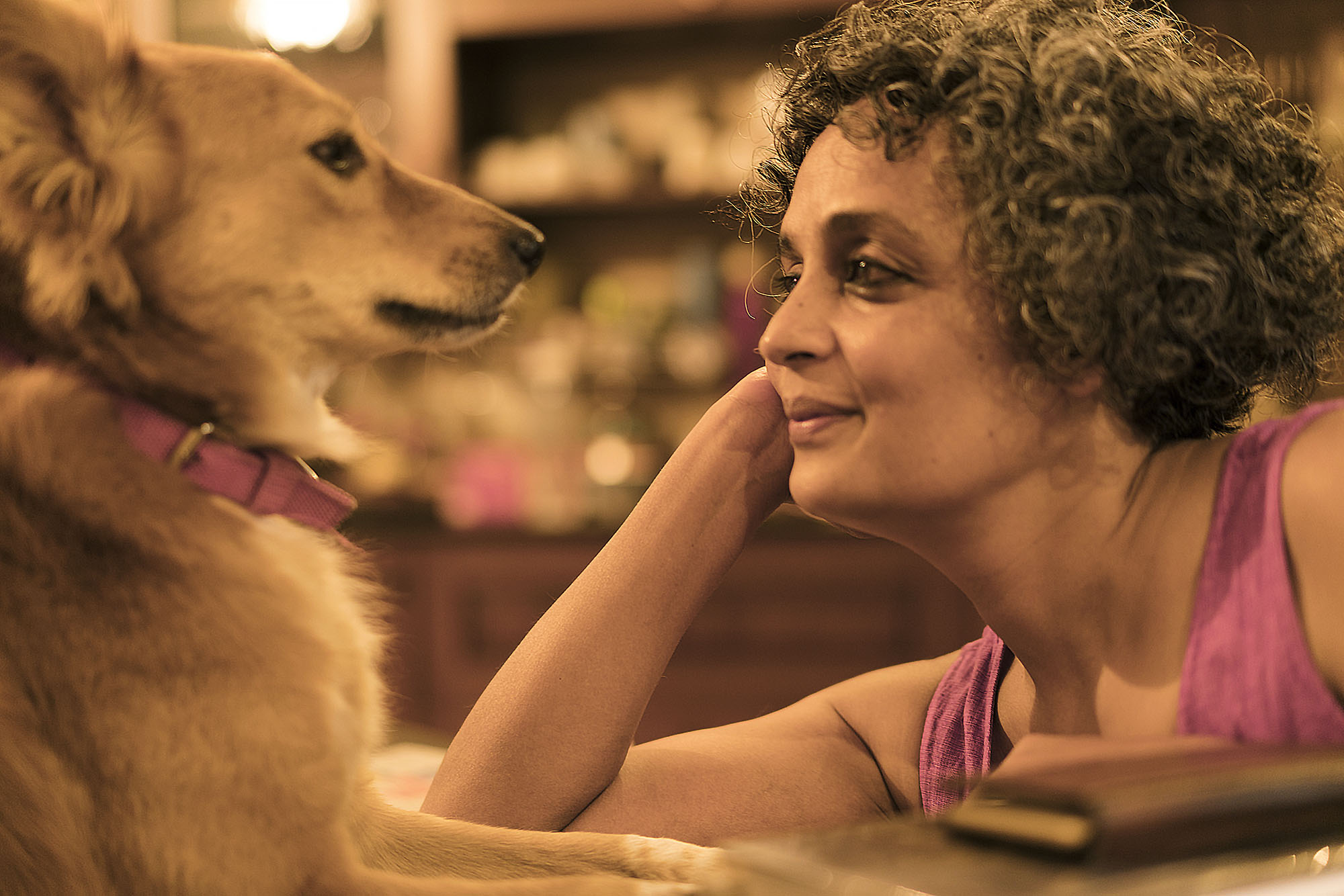
Those words, screamed out but barely heard was the nourishment I needed. Did you write it by hand? What was the paper like? In this digital age, you probably used a keyboard. What font had you used? What point size? And the words. Words that you so gracefully string together. I relished the imagined words. Your words. I missed words as I missed my bed, my fish and Rahnuma’s touch. When they asked me what I needed in jail, books were on top of my list. The first lot of books came in. Mujib’s prison diaries, Schendel’s History of Bangladesh, and the book you’d given me when we last met, The Ministry of Utmost Happiness. I’d been meaning to read it ever since we said goodbye in Delhi, but our lives had been taken over by the immediacy of our struggles. Now I had the time. Continue reading “Reply to Arundhati: Yes, We Will Rise”
Crossing the Threshold
The Drik Calendar 2019
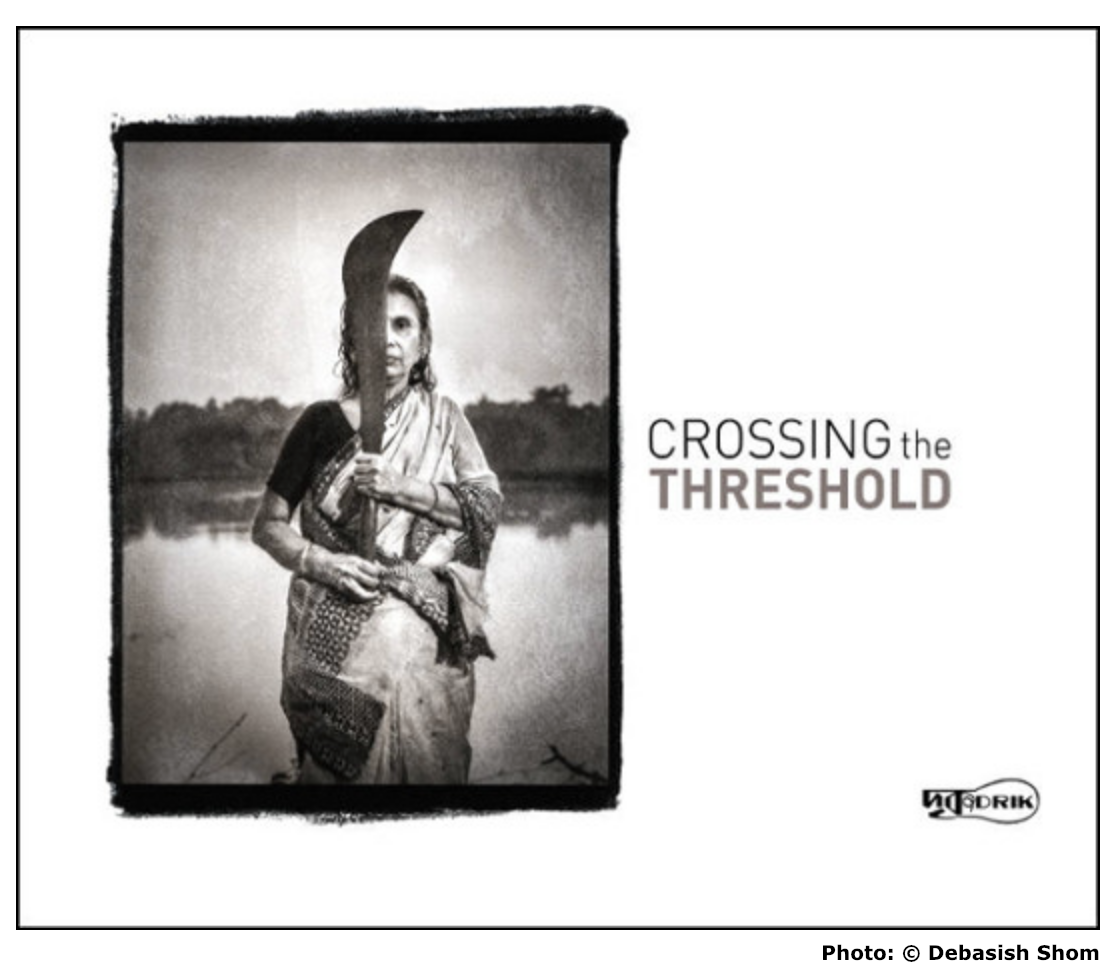
As things settled, we decided we would continue doing the things we did. That would become part of our resistance. However, the Bangladeshi Jail Code has restrictions on what a prisoner can send out. In my case, it meant a complete firewall.
Resourceful as ever, Rahnuma and Saydia, managed to get a short list of suggested photographs through to me, and I was able to do an edit. Abir Abdullah and Tanzim Wahab were to co-write the introduction. But we had underestimated the power of our brilliant legal team and the sheer doggedness of the local and global campaigners and I was finally granted bail on 15th November. Even that didn’t lead to my release, and after a lot of drama in and out of court, and tension constantly rising outside the jail gate, the political dam burst, leading to my release on the night of the 20th. As we sang our way out of prison, Rahnuma whispered in my ear “you have an intro to write.” No rest for the wicked. Continue reading “Crossing the Threshold”


